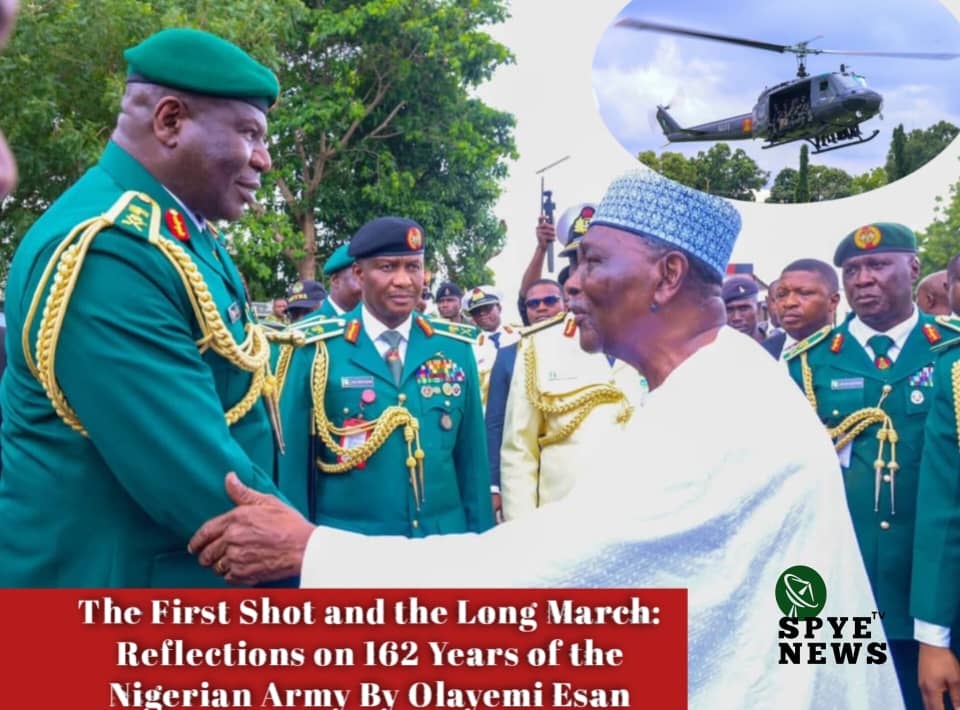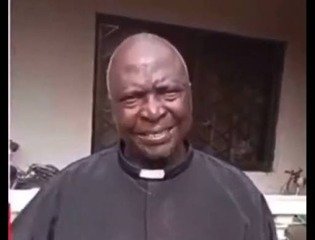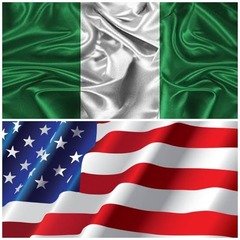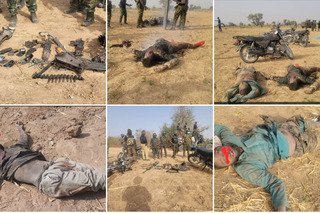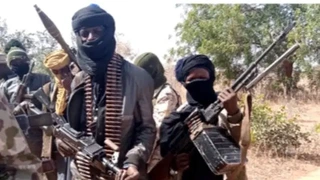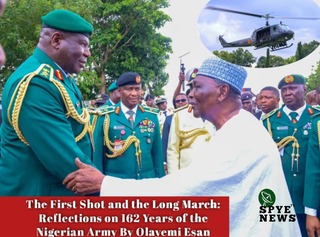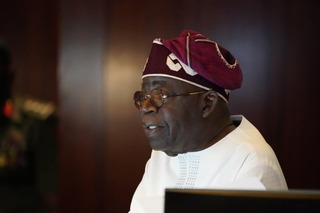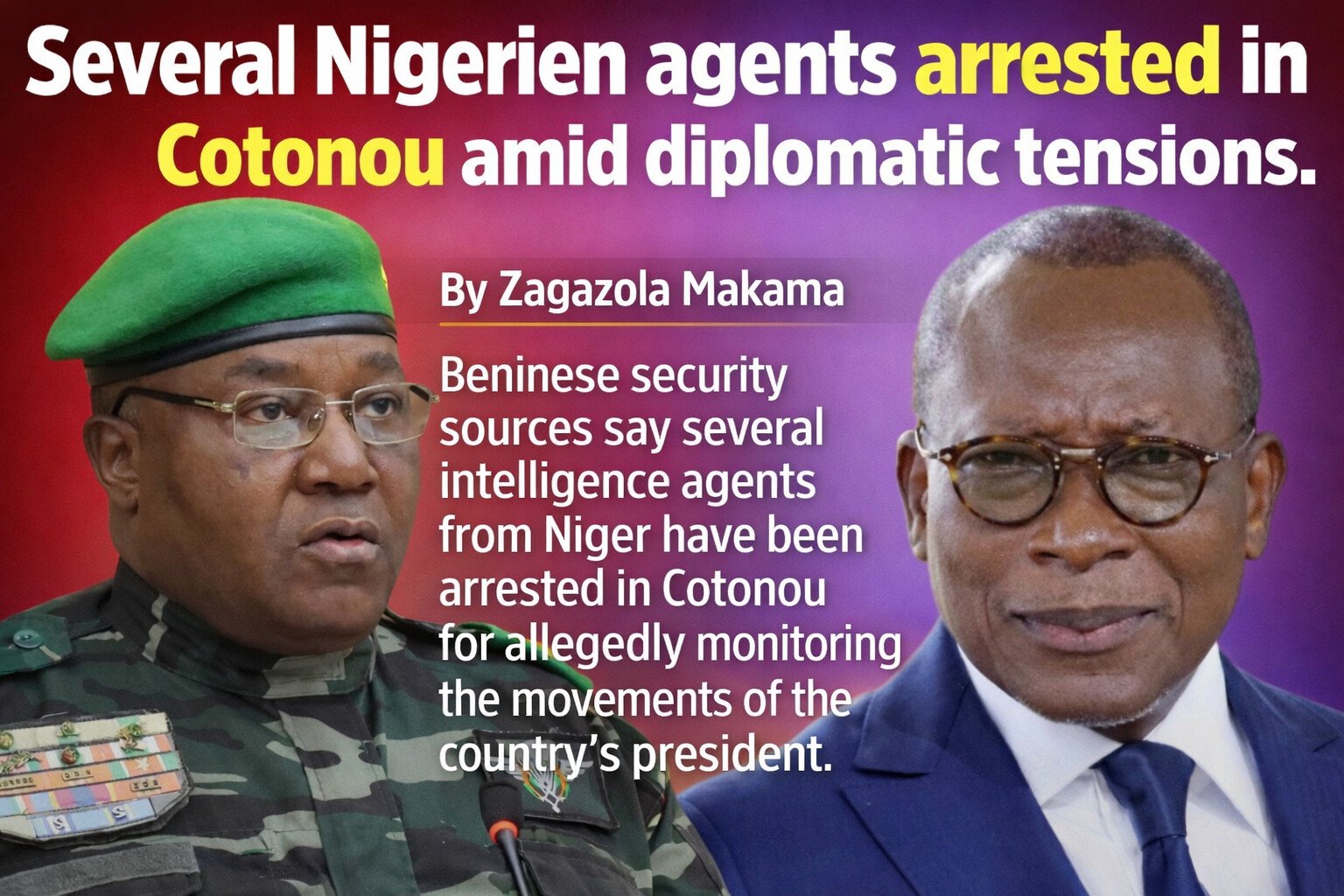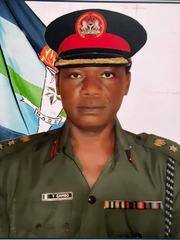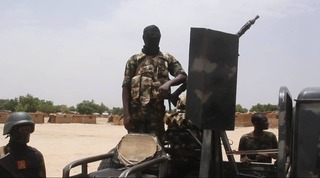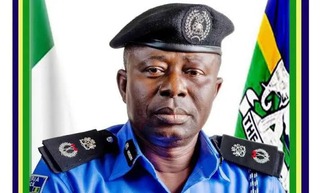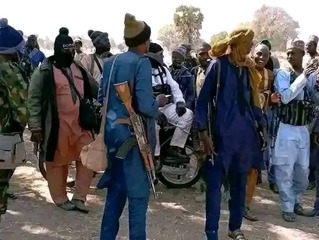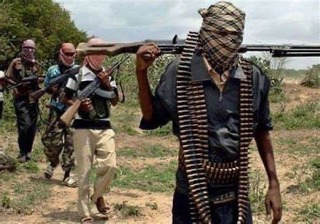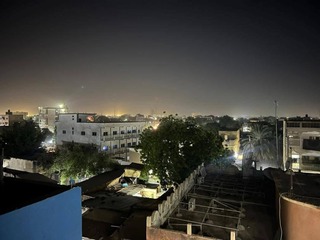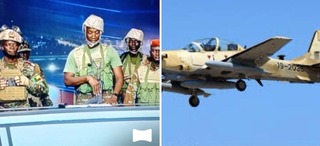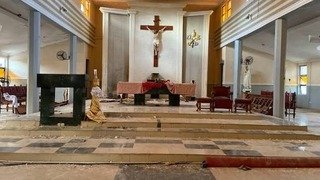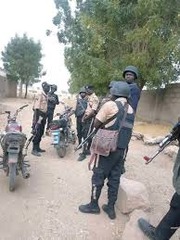The First Shot and the Long March: Reflections on 162 Years of the Nigerian Army By Olayemi Esan
On July 6, 1967, in the quiet town of Garkem, Cross River State, a single gunshot echoed across Nigeria. It was the first shot of one of the darkest chapters in the country’s history the Nigerian Civil War. That single shot did more than mark the beginning of conflict; it symbolised the fragility of a young nation and tested the resolve of its army.
As the Nigerian Army marks 162 years of existence this year, it is fitting to pause and reflect—not just on the triumphs of peacekeeping missions, modernisation, and national service—but also on moments of pain, sacrifice, and national reckoning. The first shot at Garkem is one such moment.
The Army’s journey began in 1863 under British colonial rule, when the “Glover Hausas,” a force of local soldiers led by British officers, formed the early framework of what would evolve into today’s Nigerian Army. Over time, this force grew—not just in numbers, but in purpose. From serving colonial interests, the Army gradually became the backbone of Nigeria’s national defence following independence in 1960.
But nation-building is rarely a straight path. By the mid-1960s, Nigeria was caught in a web of political instability, ethnic tensions, and military coups. The declaration of Biafra’s secession in 1967 ignited a war that would last 30 months and claim over a million lives, mostly civilians. It remains a haunting reminder of how quickly political fractures can spiral into armed conflict.
The Army, tasked with maintaining national unity, bore much of the weight of that war. Its officers and soldiers—young men from all parts of the country—faced an unenviable task: to fight a war on home soil, often against brothers, friends, and fellow Nigerians. While the war ended in 1970 with a policy of "no victor, no vanquished," the emotional and societal wounds lingered for decades.
Yet, from the ashes of that war, the Nigerian Army rebuilt itself—not only as a fighting force but as a symbol of national resilience. Over the years, it has adapted to new roles: battling insurgency, providing humanitarian relief, supporting civil authorities during emergencies, and contributing to peacekeeping missions across Africa.
Today, as the Army celebrates 162 years of service, it is more than just a military institution. It is a witness to Nigeria’s evolving story—its struggles, growth, and aspirations. From the first colonial parade to complex modern-day operations, the Nigerian Army reflects both the burdens and the hopes of the country it serves.
The Nigerian Army under Lieutenant General Olufemi Oluyede as the Chief of Army Staff has risen to the occasion to deny these terrorists the opportunity to disrupt socio-cultural heritage, or smear the sanctity of our sovereignty.
Nigeria has had to contend with the enemies of peace and agents of chaos who have brought terrorism to its borders and caused a plethora of internal security issues.
The Nigerian Army as an instrument of national unity, integration and development, has made significant strides in innovation, research and development, civil-military relations and technological advancement to better equip the soldier to carry out his constitutional responsibilities.
The first shot fired in 1967 is a part of our collective history—one that should never be forgotten. It reminds us of the cost of division, the danger of disunity, and the high price of peace. But it also reminds us of endurance, of the power to rebuild, and of the need to continue striving for a Nigeria where conflict is no longer an option.
As we honour the men and women of the Nigerian Army—past and present—let us do so not with blind celebration, but with reflective pride. Their service tells a story not just of power, but of purpose. And in remembering where we’ve been, we find the clarity to face where we must go.
Olayemi Esan is a broadcast Journalist and a public relations practitioner. She is the Managing Director of Spye Communications Ltd (SpyeTV) and you can communicate with her through This email address is being protected from spambots. You need JavaScript enabled to view it. +23480 351 32961

